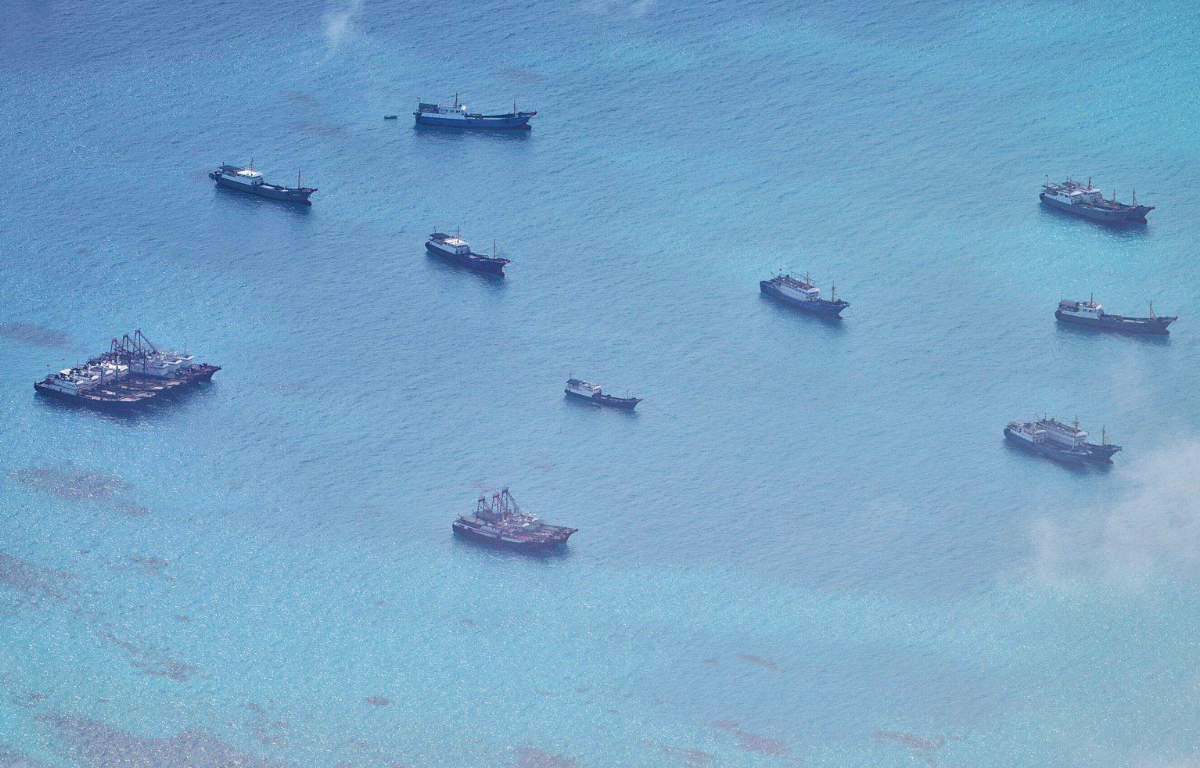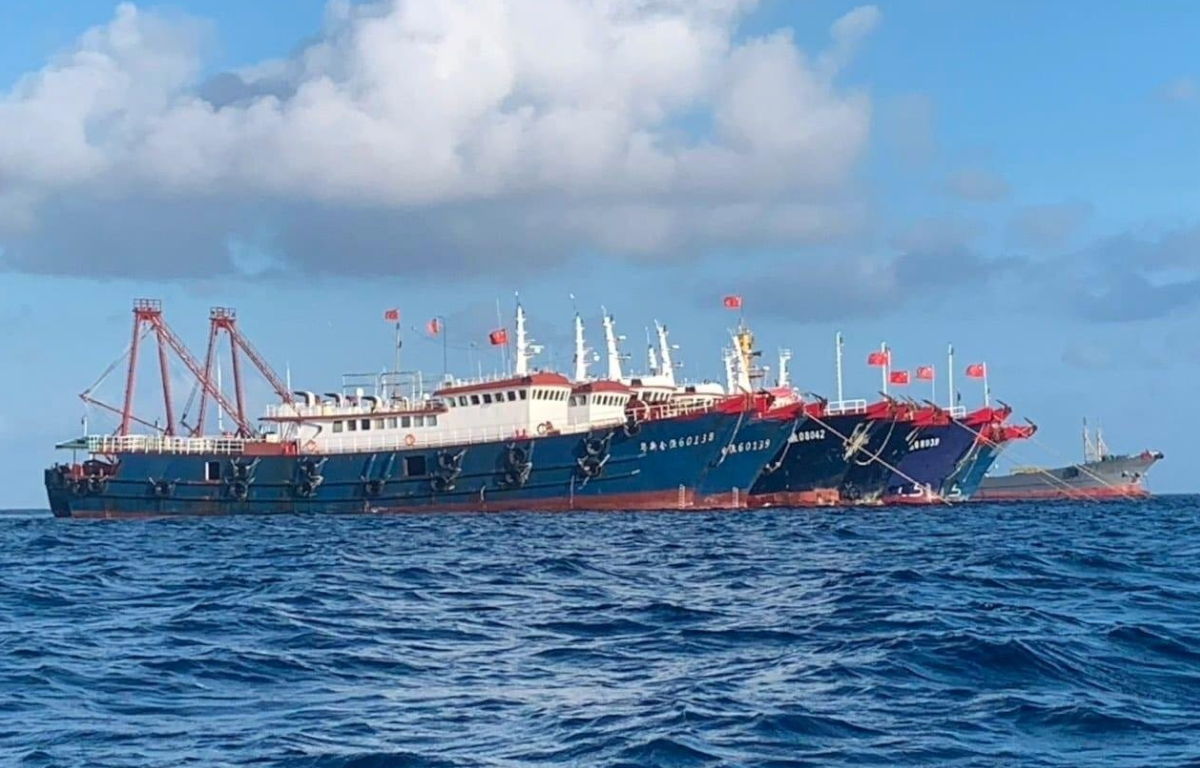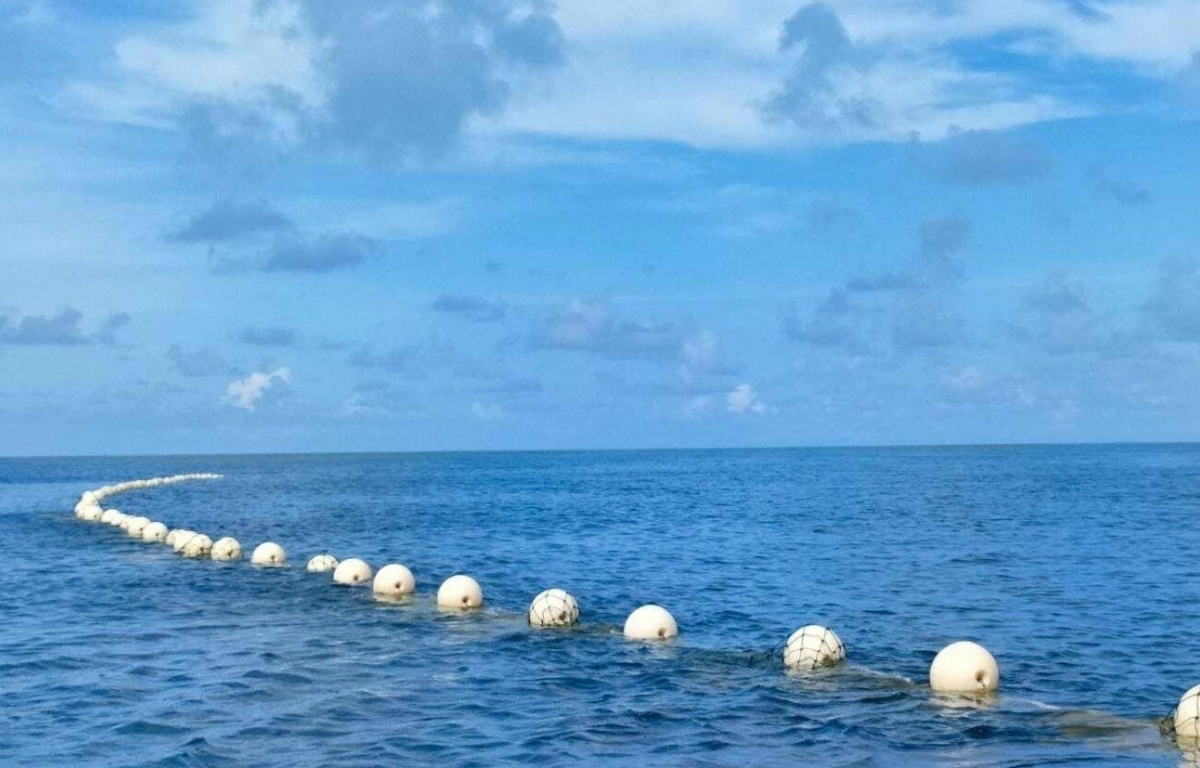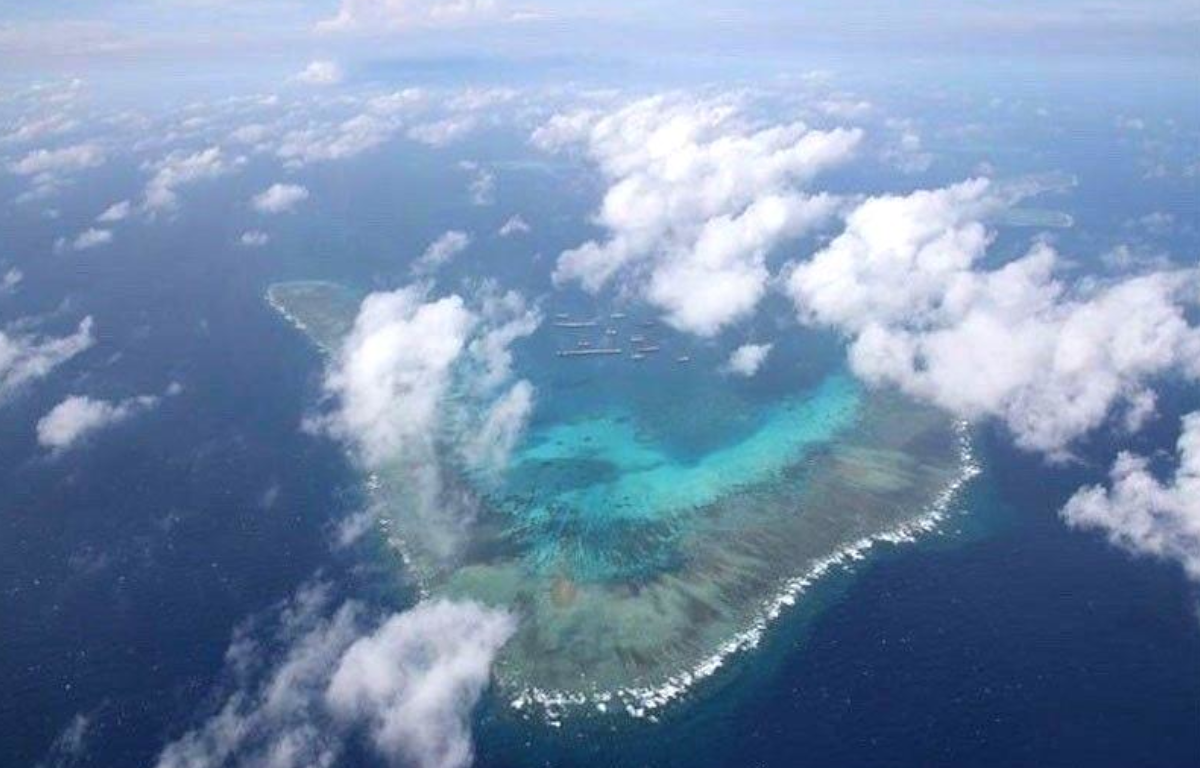
The WPS is a vast body of water, part of the South China Sea, located to the west of the Philippines. It has been a contentious area, with multiple countries staking claims to various features and islands within it. The Philippines, China, Vietnam, Taiwan, Malaysia, and Brunei have overlapping territorial claims, leading to longstanding disputes.
One of the most significant sources of tension is China’s aggressive territorial expansion in the South China Sea, where it has built military installations on artificial islands and reefs. These actions have raised concerns about the freedom of navigation and the security of surrounding nations.
The Philippines’ decision to enhance its naval presence in the WPS is primarily motivated by its desire to protect its sovereignty and territorial integrity. It has been actively strengthening its naval capabilities, acquiring new vessels, and improving naval infrastructure in the region. This move aligns with the Philippines’ commitment to the United Nations Convention on the Law of the Sea (UNCLOS), which upholds the rights of coastal states to their exclusive economic zones and territorial waters.
Additionally, the Philippines recognizes the importance of the WPS in terms of natural resources, including fisheries and potential oil and gas reserves. Securing these resources is vital for the nation’s economic development.
The increased naval presence in the WPS is not solely about defending national interests. The Philippines aims to contribute to regional stability by maintaining open and free navigation in the area. This proactive stance is crucial for preventing further escalation of conflicts and ensuring that the WPS remains a zone of peace rather than a potential flashpoint.
Furthermore, the Philippines has been engaging with other nations, such as the United States and its Southeast Asian neighbors, to strengthen cooperation in maritime security and law enforcement. These partnerships are aimed at building a collective approach to maintaining peace and security in the region.
While the Philippines’ efforts to beef up its naval presence in the WPS are commendable, they come with challenges. Balancing diplomatic relations with nations like China, which have competing claims, requires finesse. The Philippines, like other claimants, seeks to resolve disputes through peaceful means and is actively pursuing arbitration and diplomatic solutions.
The future of the WPS remains uncertain, but the Philippines’ commitment to protecting its sovereignty and fostering regional stability is a step in the right direction. In an era marked by complex geopolitical dynamics, maintaining a strong naval presence in the WPS is essential for safeguarding national interests and the peace and security of the broader region. It is a testament to the Philippines’ determination to uphold international law and promote stability in a geopolitically significant area.










Share this: